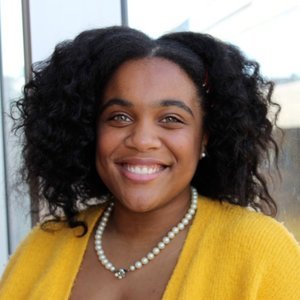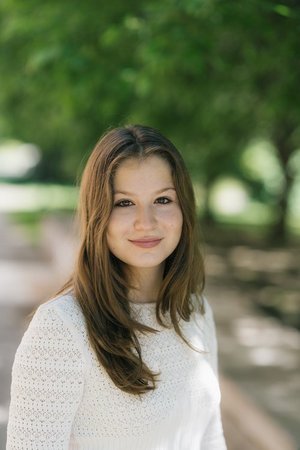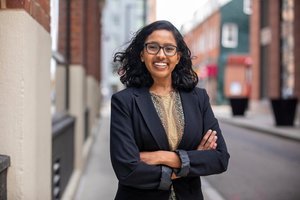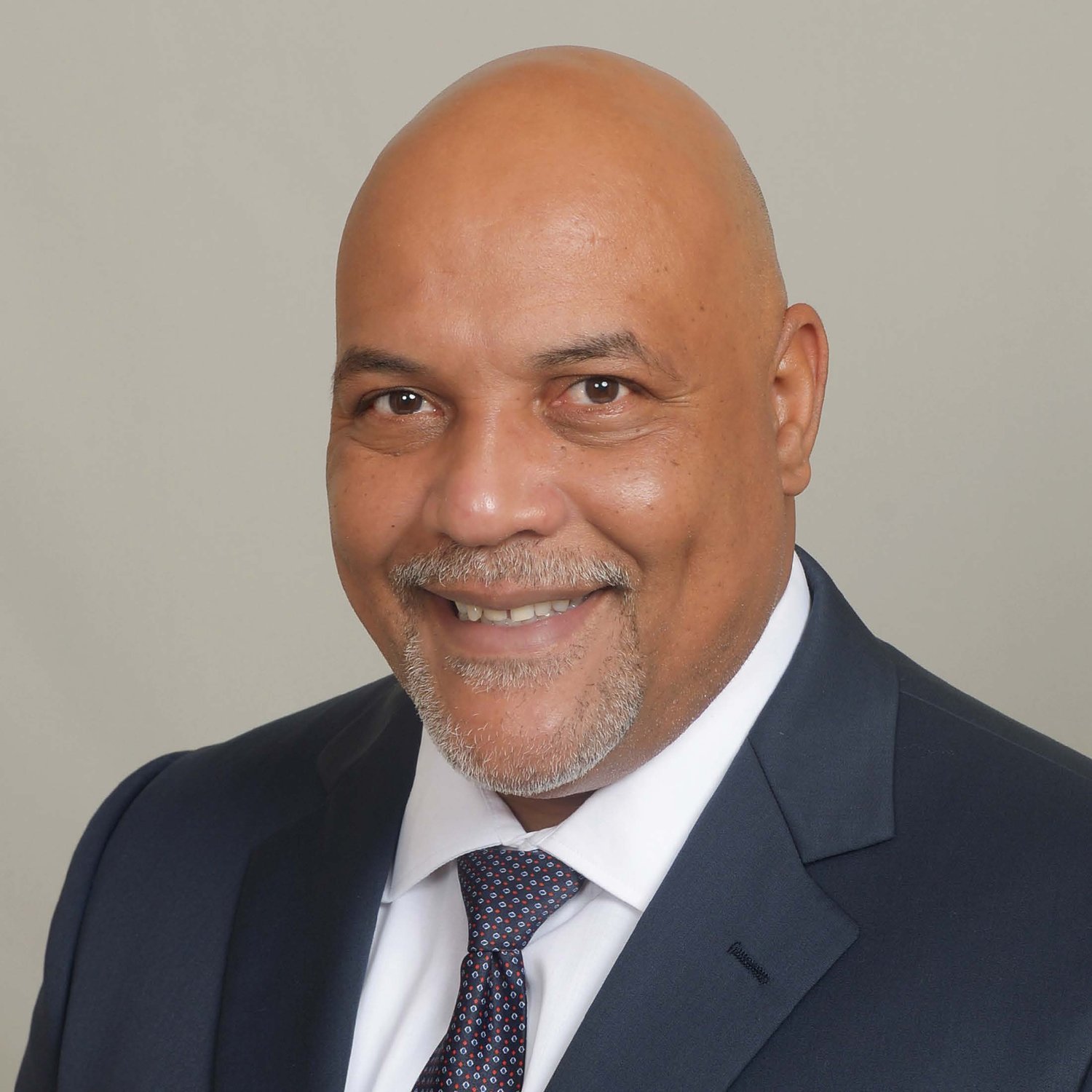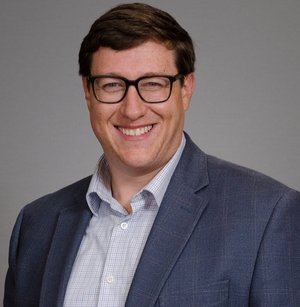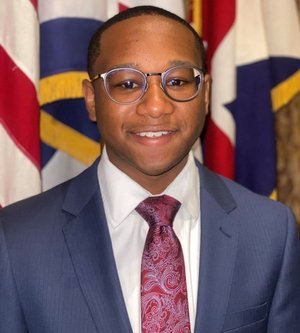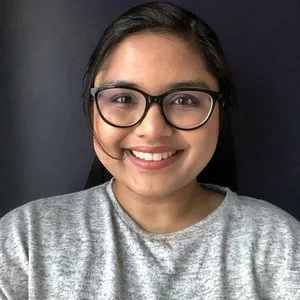Presentation Poetry Transcript
This story is a complex one
That began with no clear intention
But to change my life by tons and tons
In a massive way it has begun
My view was small, minute you see
But now this movement grows to be
About much more than just me
And instead about community
This perspective grew on the Pettus Bridge
A site of our country’s sacrilege
Where I realized that my story is
Intertwined with Beloved Knowledge
I came today to share and explore
But not to preach and not to bore
About reality and the lore
That people of color bring to the farm and more
This history starts centuries ago
When humans forced humans into boats
And made them lose their lives their homes
To serve without a voice or vote
Which became historical disadvantage
Share cropping and farms leaving hands and
Heirs property lost from under thousands
With challenges getting help from Uncle Sam
But the story doesn’t end in tragedy
Because people stepped up, not one but many
To lift us from the soil and carry
Our food traditions for posterity
This story is the icon Fannie Lou Hamer
Who refused to be tamer
Who sought not fortune or fame or
Ease but fought to be an equal gamer
To allow community to grow and feed
To address need
Where words had heed
And people chose not to fall but lead
This story is George Washington Carver
Who had to work harder
To establish crops, and come out on top
So that his people had a food safe harbor
It lives in Mia Jones’ passionate tears
That manifest the pain of ancestral years
As she uses her eyes, her hands, her ears
To create and encourage us to look past fears
To show how control and the power to own
Allows what we plant to be what we’ve sown
So that her community can grow and hone
A food production craft that becomes a cornerstone
This history lives at USDA
Where an Equity Commission meets on special days
To address discrimination and to repay
Communities of color and make meaningful headway
Where Dr. Penny Brown Reynolds’s mind
Is determined to work and determined to find
Ways to hear complaints and and no longer be behind
In restoring Justice one discrimination case at a time
This lives in Fred Carter, cousin of Emmett Till
Who embraces history and shares his goodwill
To farm and feed and to fulfill
Chicagoland’s need by using his green skill
Our history lives in every soul and heart
Dedicating their lives to doing their part
To find themselves and to chart
A path to make food systems a work of art
This history lives in our hands
And on the land
Stolen by those who claimed command
But did not succeed in their ban
Of the power we hold when we stand
As one United skillful clan
Strong as cement but adaptable as sand
Growing food that isn’t great- it’s grand
It’s because agriculture is resilience
It’s resistance, it’s persistence
It’s subsistence
coexistence and independence
From a system
Of subjugation, tribulation
Out of Deflation and plantation
Enervation, exploitation
Desperation, desolation
Invalidation, subordination
Targeted asphyxiation
Deprivation, suffocation
Discrimination and segregation
Appropriation and incarceration
From this system
We rise and we shift tides
So that in this story that is prized
We canonize and crystallize
The idea that Agriculture is tied
To propagation, cultivation,
Fertilization, germination
Pollination, diversification
And land and power reclamation
Reformation, transformation
Preservation, democratization
Celebration, affirmation
Emancipation and liberation!
Because as Chris Battle says
Unless you control what you eat
You cannot and will not be truly free
So invest in feeding Beloved Community
And grow and plant every seed
For a future food economy
Where this history lives in the hearts of millions
Inspires us with every turn of the suns
We farm for people and not for funds
So injustice done can be undone




















